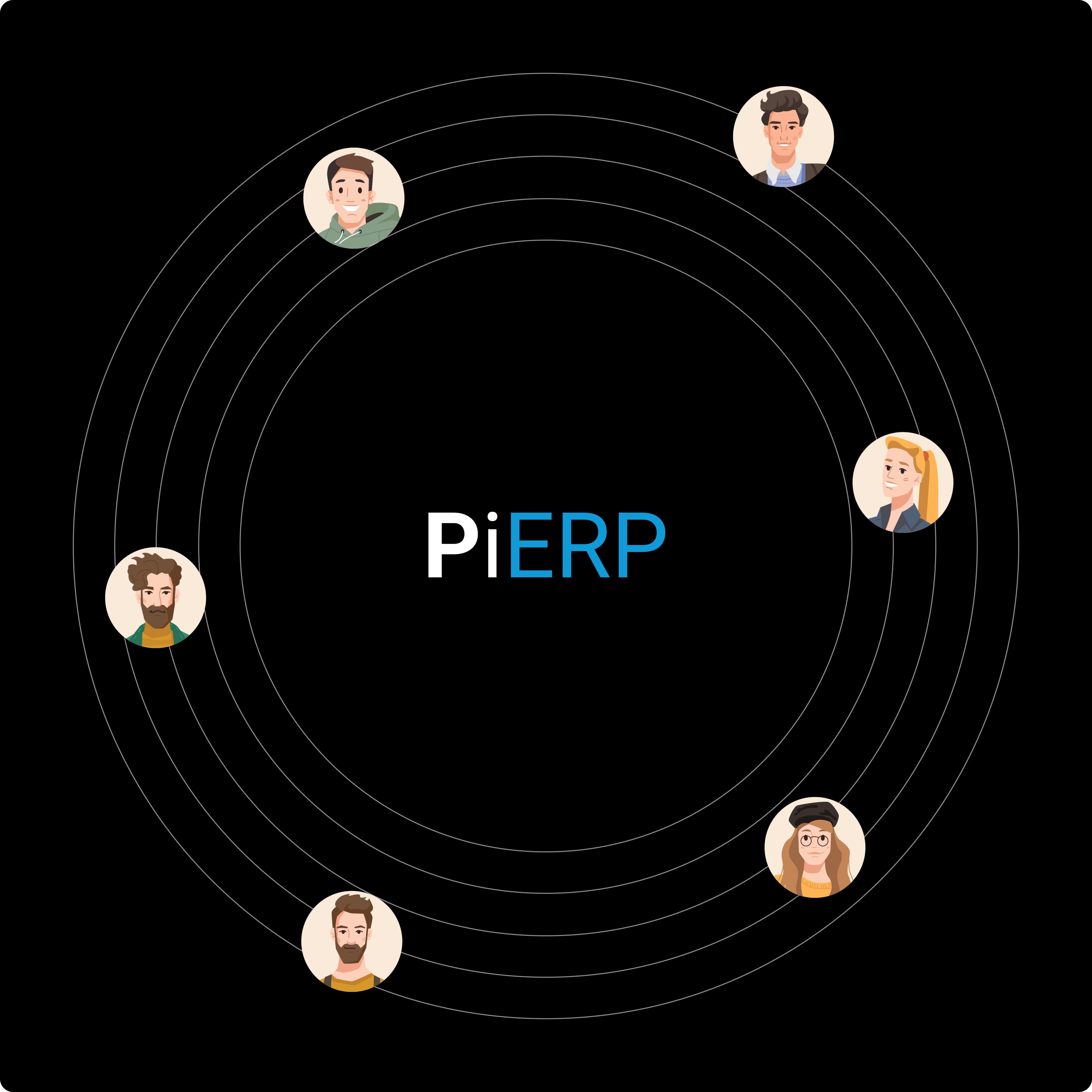The real estate and construction industry is rapidly evolving with increasing complexity in project execution, material management, labor allocation, and customer expectations. To stay competitive, businesses need an ERP solution that centralizes operations, ensures real-time visibility, and reduces project delays and costs.
PiERP provides a fully integrated and industry-specific ERP designed to simplify end-to-end processes for builders, contractors, and real estate developers. Below are the must-have ERP features every construction and real estate business should look for.
1. Advanced Project Management
One of the biggest challenges in construction is managing multiple projects, timelines, and teams simultaneously.
A powerful ERP must include:
- Task planning & scheduling
- Real-time progress tracking
- Gantt charts & work breakdown structures
- Delay alerts & milestone tracking
With PiERP’s Project Management Module , companies can monitor every stage from planning to completion with complete transparency.
2. Automated Procurement & Inventory Control
Construction projects depend heavily on timely material procurement. Manual tracking often leads to stock issues, budget overruns, or delays.
An ideal ERP offers:
- Automated purchase requests & approvals
- Vendor comparison & negotiation tools
- Material consumption tracking
- Reorder level alerts
- Multi-site inventory management
PiERP ensures materials reach the right site at the right time without wastage or excess storage.
3. Finance & Accounting Integration
Financial clarity is crucial in construction due to high-value projects and ongoing transactions.
Key features include:
- Budget planning
- Cost estimation & tracking
- Accounts payable/receivable
- Cash flow forecasting
- Automated billing & invoice management
PiERP’s Finance & Accounts Module gives real-time visibility into expenses, profitability, and financial performance.
4. Customer Relationship Management (CRM)
Real estate businesses rely heavily on client communication and lead management.
A good ERP must include:
- Lead generation & tracking
- Automated follow-ups
- Customer communication logs
- Booking & sales management
- Post-sales service workflows
PiERP’s Real Estate CRM helps businesses nurture leads, accelerate sales cycles, and offer better buyer experiences.
5. Contract & Document Management
Construction companies deal with hundreds of documents—contracts, blueprints, agreements, and compliance papers.
Your ERP should support:
- Centralized document repository
- Version control
- Digital contract workflows
- E-signature support
- Secure accessibility
PiERP ensures that all project documents are stored, tracked, and shared seamlessly.
6. Workforce & Labour Management
Labour availability and productivity determine the success of any project.
Must-have capabilities:
- Attendance & shift scheduling
- Contractor billing
- Skill-based worker allocation
- Timesheet & productivity tracking
With PiERP, project managers can easily deploy manpower based on skills and workload.
7. Equipment & Asset Management
Construction relies heavily on machinery and tools. Managing asset maintenance is essential to avoid downtime.
Look for features such as:
- Asset tracking
- Preventive maintenance scheduling
- Fuel usage monitoring
- Depreciation calculation
PiERP helps maximize equipment efficiency and reduce repair costs.
8. Real-Time Reporting & Analytics
Data-driven decision-making is essential for the real estate and construction sector.
A good ERP must include:
- Custom dashboards
- Cost vs. progress insights
- Vendor performance analytics
- Real-time KPI monitoring
PiERP provides interactive dashboards that give management the visibility they need to optimize operations.
9. Compliance & Regulatory Management
Construction companies must adhere to multiple government regulations.
ERP should include:
- RERA compliance
- Safety standards management
- Audit trails
- Tax compliance (GST, TDS, etc.)
PiERP ensures full compliance with industry and legal requirements.
10. Mobile ERP Access
On-site teams need access to project data anytime, anywhere.
Mobile-enabled ERP allows:
- Progress updates from the site
- Real-time approvals
- Document sharing
- Inventory checks
- Communication between teams
PiERP’s mobile app keeps all stakeholders connected 24/7.
Final Thoughts
An effective ERP system is no longer optional—it is a necessity for modern real estate and construction businesses. By choosing a robust, scalable, and industry-ready ERP solution like PiERP, companies can streamline project workflows, eliminate delays, improve customer satisfaction, and ultimately boost profitability.
To explore PiERP’s full range of features, visit:https://pierp.software/.






